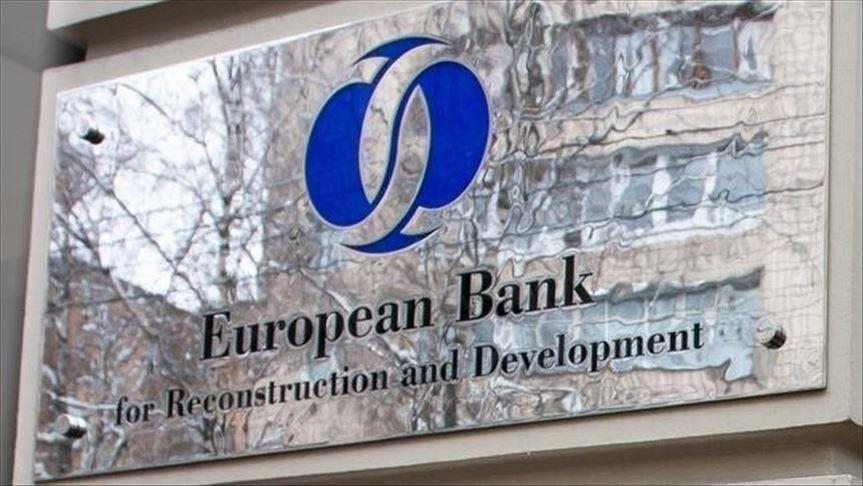

By Anadolu Agency
LONDON
After the Turkish government’s new measures, foreign capital is flowing into Türkiye, signaling a return of foreign investors and helping rebuild the country’s reserves, according to a regional lead economist at the European Bank for Reconstruction and Development (EBRD).
Türkiye’s shift toward orthodox economy policies needs to be sustained, Rafik Selim told Anadolu.
His remarks came after the latest EBRD Regional Economic Prospects report published on Wednesday revised up its yearly GDP growth projection for Türkiye to 3.5% from its May forecast of 2.5%.
For the region, the EBRD expects a slowdown in economic growth to an average of 2.4% this year.
The revision for Türkiye reflects strong growth in the first half of the year, driven by pre-election fiscal stimulus, the bank said, while pointing out that there are still external imbalances.
The EBRD expects the Turkish economy to grow by 3% in 2024.
Selim noted that steps taken by the government since the May elections have been received with cautious optimism by markets.
“We are witnessing a decline in Türkiye’s credit risk premium (CDS) from its historic peak in May 2023. We are also seeing an improvement in investor confidence. Foreigners’ holdings of Turkish equities and bonds have picked up strongly,” he said.
The CDS score, which was 700 points before the elections, fell below 400 after the government’s measures and messages given in its Medium-Term Program.
“The new measures, such as consecutive hikes in policy interest rates, increases in the value-added and other taxes, and cutting back on interventions to defend the lira are expected to also lead to lowering the current account deficit, which has widened significantly, and rebuilding foreign exchange reserves,” Selim said in an email interview.
Positive indicators
The Turkish Central Bank last week raised its policy rate by 500 basis points to 30%, meeting market forecasts.
“The Medium-Term Program that was released in September has also been received positively by investors, signaling the authorities’ commitment to price stability, efficient distribution of resources and the sustainability of growth,” he added.
Selim said tighter fiscal and monetary policies will lead to a slowdown in growth in the second half of 2023.
“Leading indicators suggest that consumers and businesses are becoming more pessimistic and spending less. The fiscal deficit is also expected to remain larger than in recent years,” he added.
Allowing the Turkish lira to depreciate led to a monthly account surplus in July, the first since October 2021, and also because of strong tourism income, he said.
“The depreciated lira will also help increase the competitiveness of Turkish exports,” Selim said.
“Foreign capital is flowing, signaling a return of foreign investors, and helping in the rebuilding of reserves,” he said, adding that Türkiye was also able to secure investments from Gulf countries to the tune of $50 billion in different sectors, such as space and defense, energy and natural resources.
Turkish Finance Minister Mehmet Simsek told Anadolu last week the country has obtained $10.4 billion in external financing since June, including $6.7 billion from the banking sector, $367 million from the non-banking financial sector and $3.26 billion from the real sector.
Selim stressed the importance of sustaining the shift toward orthodox economic policies, terming it crucial to attract investors and sustain their confidence, as well as ensuring more sustainable growth.
“There is also a need to strengthen the monetary transmission mechanism to continue with the revisions in macro prudential policies, and to gradually phase out schemes introduced to support the lira,” he said.
“At the same time, the structural reform agenda needs to be reinvigorated to improve the business environment and the investment climate. This includes addressing systemic issues affecting Türkiye’s long-term growth potential.”
We use cookies on our website to give you a better experience, improve performance, and for analytics. For more information, please see our Cookie Policy By clicking “Accept” you agree to our use of cookies.
Read More